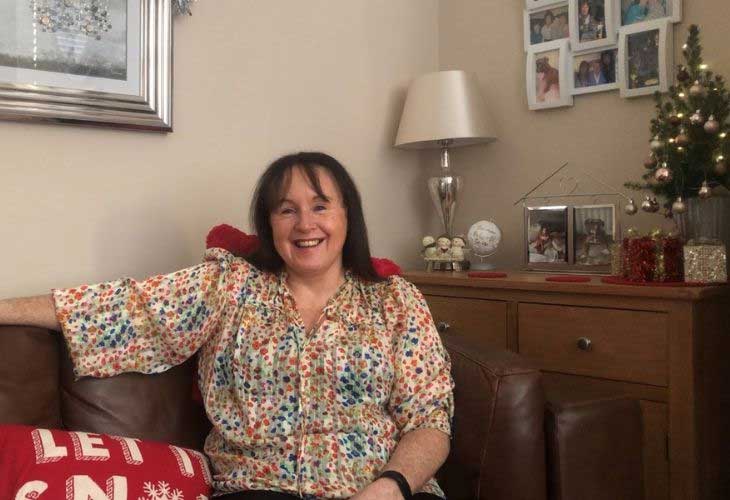The benefits of respite care
- Fostering Stories
- Tags: Part time (Respite) Carers , Types Of Fostering

At one of our information evening, foster carer Nicola joined us to share her experiences of being a respite foster carer.
Why did you choose to do respite foster care?
When I first started fostering I was working full time but still wanted to help, so I started with respite care. This worked for me as a teacher around half terms. It fits in with my life.
How often do you care for children?
I've got into a routine where I have the same children that come each month to take the pressure off and help the children and carers reset.
I look after 2 little boys, a little girl and a young adult that I see across 3 weekends of the month. We have built a good relationship with them. Now the little ones run into my house and shout to my husband ‘Hi Steve, I’m home.'
Nicola has cared for the young adult since she was 15 and they are still very much a part of each other's lives. She recently helped to support the young adult move into her own flat and start an apprenticeship. Nicola said ‘I am so proud of her. I'm happy to be there for her and give her reassurance about what she is capable of.'
How flexible do you need to be?
It’s manageable in the sense now that I have cut some hours in work, If I get an emergency call from the fostering team I am open and honest and tell them what I can manage.
My regular respite children are booked in 6 months in advance, because the carers/family’s like to be organised and the children like to know. Some of the children have ASD or ADHD so they would benefit from knowing in advance.'
What do you find rewarding about being a respite carer?
It's so rewarding on both sides, the children love coming into our home, but we get a lot of enrichment from the children too. You’re not just giving the children your time and attention you are also really helping the foster carers and the families, they are getting a break and time to recharge.
Nicola looked after a young person who stared as emergency placement, she carried on supporting her whilst she was in residential care, inviting her to come for Christmas with her family as she was going to be on her own. Nicola and the young adult are still a big part of each other's lives, Nicola has helped her move into her own flat and get an apprenticeship. Nicola said ‘I am so proud of her. She just needs constant reassurance as she isn’t in touch with her family. She knows that if she wants space I'll give it to her and if she wants to talk to me, she can.’
What would your advice be for anyone thinking of fostering?
I would say respite is good if people are unsure, rather than not fostering at all. I think you would be pleasantly surprised and then hopefully if you have the capacity to change to short term or long term that would be great.
It is important to be an active listener and respond to the children. You don't have to have all the answers and make everything right, that’s not what life is about. Just be accepting and treat them like your own children, as they are coming into your home. The young person I look after told me she just wants to be a part of a family, and wants to be accepted as herself.
-
 "It's so rewarding on both sides, the children love coming into our home, but we get a lot of enrichment from the children too. You’re not just giving the children your time and attention you are also really helping the foster carers and the families."
Nicola
"It's so rewarding on both sides, the children love coming into our home, but we get a lot of enrichment from the children too. You’re not just giving the children your time and attention you are also really helping the foster carers and the families."
Nicola
Could you provide a welcoming home?
It only takes around 6 months to become a foster carer, so this time next year, you could be welcoming a child into your home.
0151 515 0000Categories
Tags
- Part time (Respite) Carers
- Types Of Fostering
- Short Breaks Carers
- Fostering teenagers
- A young persons story
- LGBTQ Fostering
- Fostering and ethnicity
- Care Day
- Fostering babies
- Fostering siblings
- Fostering community
- Single foster carer
- Sons and daughters
- Disabled foster carer
- Training
- Fostering and pets
- Fostering at Christmas
- Unaccompanied asylum seeking children
- Father's Day
- A young persons' story
- Muslim fostering
